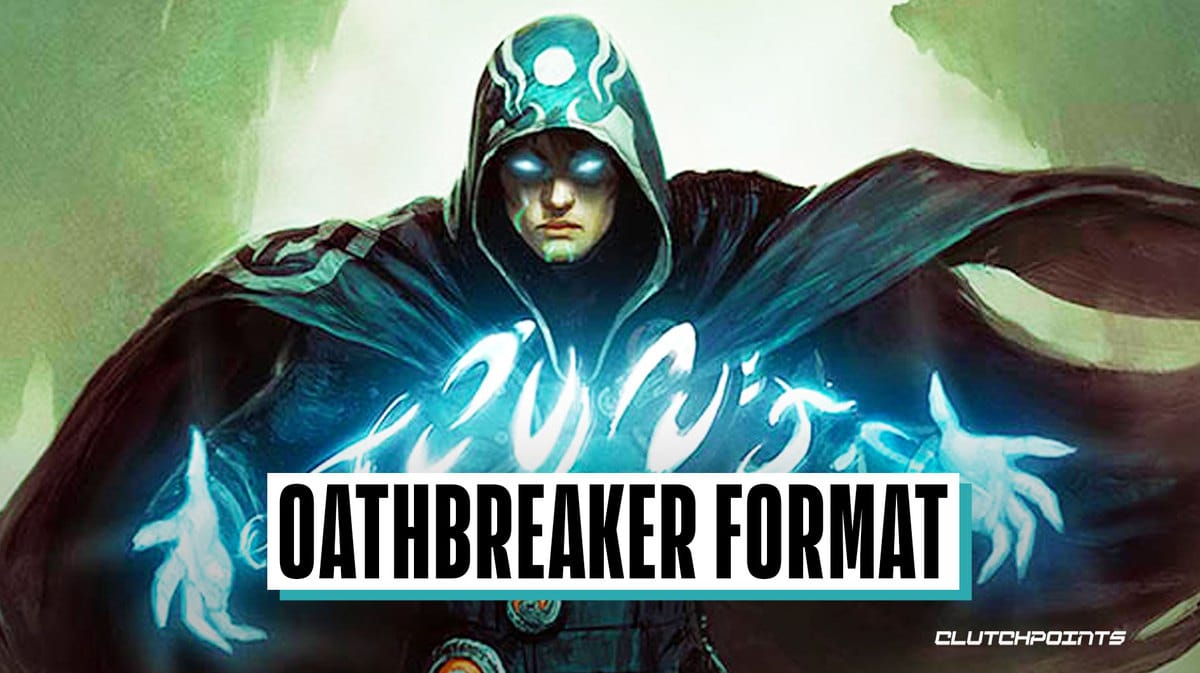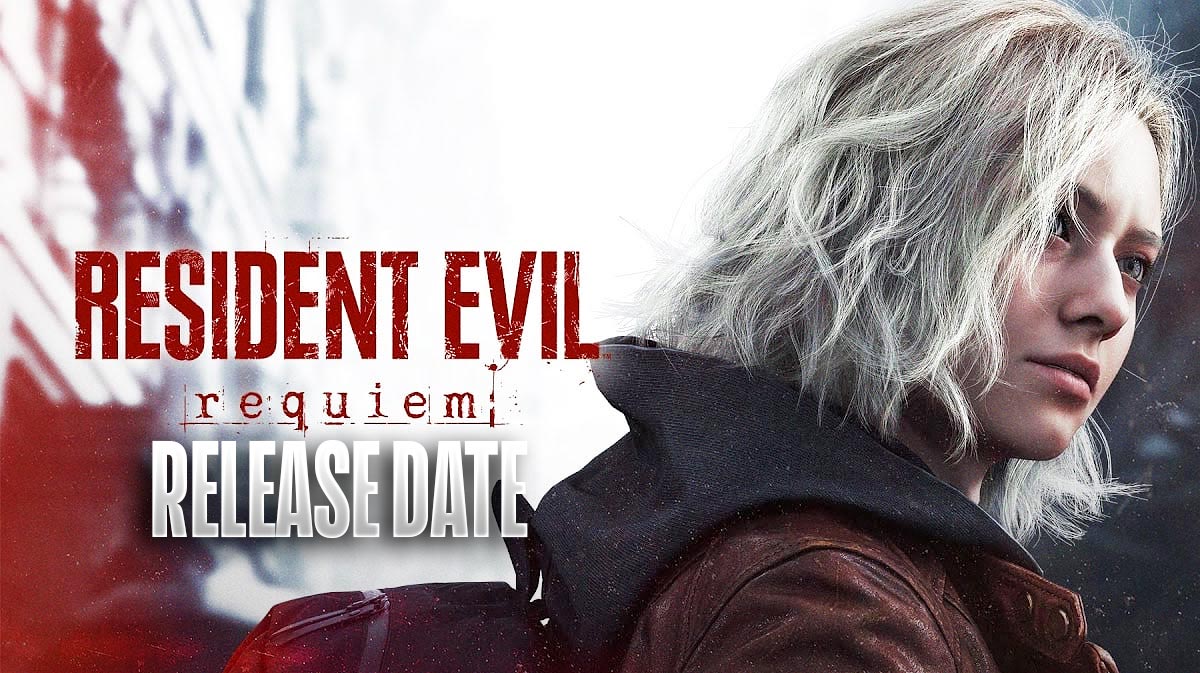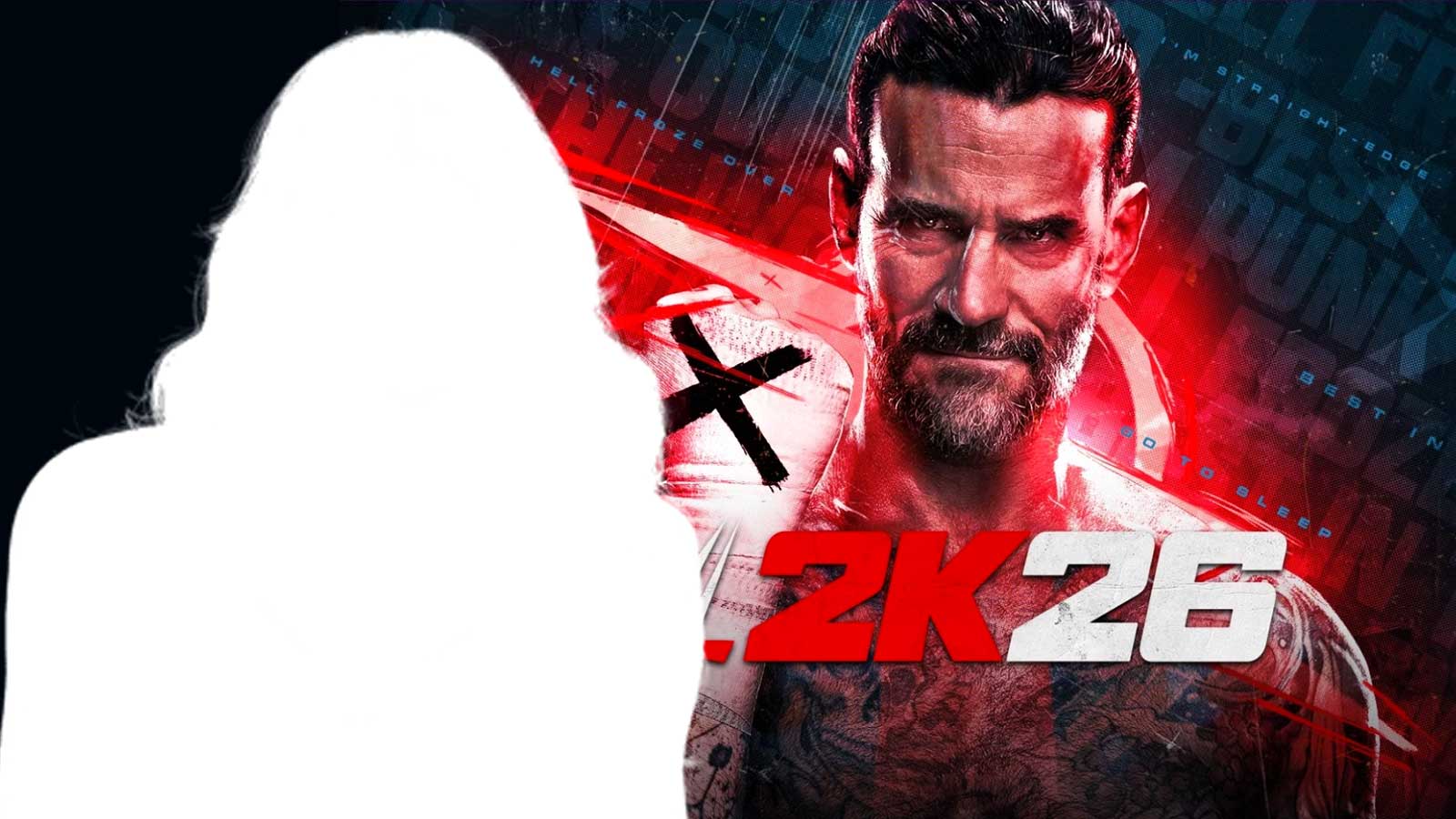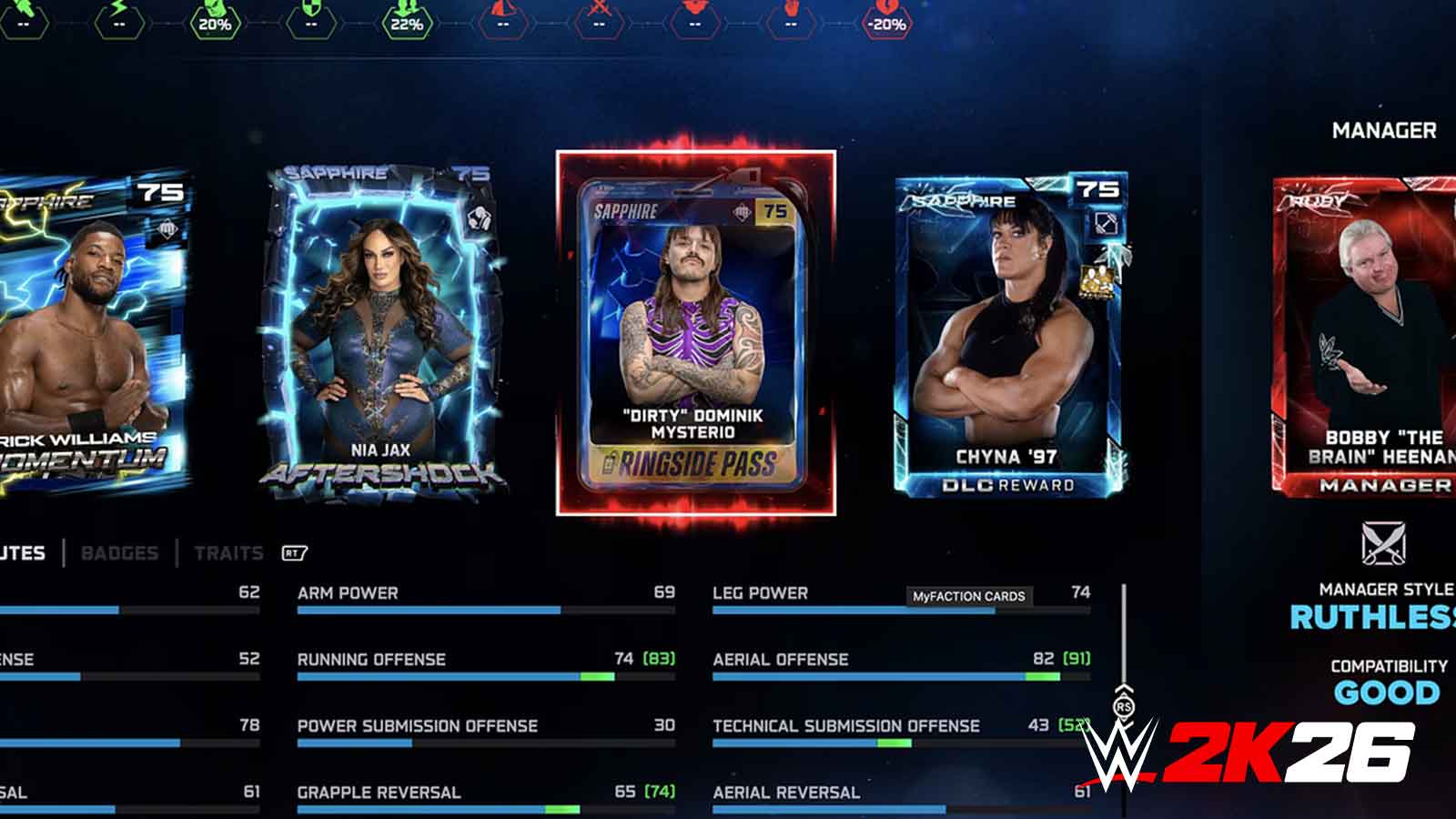Wizards of the Coast is finally recognizing the Oathbreaker format and here is everything you need to know about it. Magic: The Gathering is getting another fun format for players to play, which means another innovation for players to tinker with
Oathbreaker was already pitched before as a possible format to play but for the past few years, Wizards of the Coast never recognized it until now. Even though they officially recognize the format, they have confirmed that they won't be running any sanctioned events or do any type of products anytime soon, unlike Commander and Brawl. The same case was with Pauper before, which is a stand alone format of the game with sanctioned events already so in due time, Oathbreaker might have its time but at the very least, it has stepped forward to making it official.
If you are very familiar with the Brawl or Commander formats, Oathbreaker is not that far so you will be able to adapt to it very easily. Here's the rules to familiarize yourself with the format.
MTG Oathbreaker Rules for Deck Building
Oathbreaker works similarly to Brawl and Commander, where you choose a key card for your deck but in this case, it will be a Planeswalker. All players also pair it a signature spell of their choosing. This can be any Instant or Sorcery card as long as it's in the color identity of your chosen Planeswalker. Oathbreaker is also a singleton card format, much like Brawl and Commander, so you can only include one of each card in your deck, expect for Basic Lands of course. Each deck is required to have 58 cards, a Planeswalker as your Oathbreaker, and a signature spell for a total of 60 cards.
Color Identity in Magic: The Gathering determines your deck following the exact colors as your chosen Commander or in this case, the Planeswalker. Like the Commander format, artifacts are not affected by color, as long as they don’t also feature a cost that’s in another color. If you have an artifact that doesn’t require a specific mana cost but has an ability that has a specific color costing that doesn't match with your Planeswalker, you won't be able to use it.
Oathbreaker Rule Set
The rule set for the MTG Oathbreaker format is pretty much the same with Commander. For the chosen Planeswalker and Signature Spell, they both have the same rule with Commander adding two generic mana to the cost if cast more than once in the game. An example would be, if you cast Jace for the 2nd time, it would go to 1UU (1 Generic, Blue, Blue) to 3UU (3 Generic, Blue, Blue) and so on. The same with your signature spell with for example casting Windfall for 2U (2 Generic, Blue) to 4U (4 Generic, Blue).
You can only use your signature spell if you have your “Oathbreaker” (Planeswalker) in play. After resolving the spell or whatever happens to it (countered, fizzle, phased). it will immediately go back to the “Command Zone” upon usage. This will not be a choice, unlike with your Planeswalker, which can be placed in exile, the graveyard, the deck, or back into the Command Zone.
You will also start at 20 life for Oathbreaker as well, much like Brawl and a regular game of Magic.
There is a certain rule however of not being able to use cards that can flip into a Planeswaker in Oathbreaker. An example would be Urza, Lord Protector, Planeswalker or Liliana, Heretical Healer as they start out as creatures instead of Planeswalkers. They are already not following the rules of having a Planeswalker as your leader.
Oathbreaker Ban list
Of course, we would have a ban list as every format in Magic: The Gathering has its own. The MTG Oathbreaker format follows the Commander route, where it has its own committee that takes feedback and issues update when they see broken stuff. Here's the list of banned cards in the format:
- Cards that reference “playing with ante”.
- Silver-bordered cards
- Ad Nauseam
- Ancestral Recall
- Balance
- Biorhythm
- Black Lotus
- Channel
- Chaos Orb
- Cleanse
- Crusade
- Dark Ritual
- Doomsday
- Emrakul, the Aeons Torn
- Expropriate
- Falling Star
- Fastbond
- Gifts Ungiven
- Griselbrand
- High Tide
- Imprison
- Invoke Prejudice
- Jihad
- Jeweled Lotus
- Library of Alexandria
- Limited Resources
- Lion’s Eye Diamond
- Mana Crypt
- Mana Geyser
- Mana Vault
- Mox Emerald
- Mox Jet
- Mox Pearl
- Mox Ruby
- Mox Sapphire
- Natural Order
- Painter’s Servant
- Pradesh Gypsies
- Primal Surge
- Saheeli, the Gifted
- Shahrazad
- Sol Ring
- Stone-Throwing Devils
- Sundering Titan
- Sylvan Primordial
- Time Vault
- Time Walk
- Tinker
- Tolarian Academy
- Tooth and Nail
- Trade Secrets
- Upheaval
- Yawgmoth’s Bargain
That's everything to know for the newly official MTG Oathbreaker format for Magic: The Gathering.
For more gaming news from us, check out our Gaming frontpage.




















